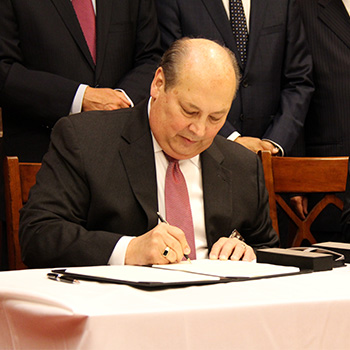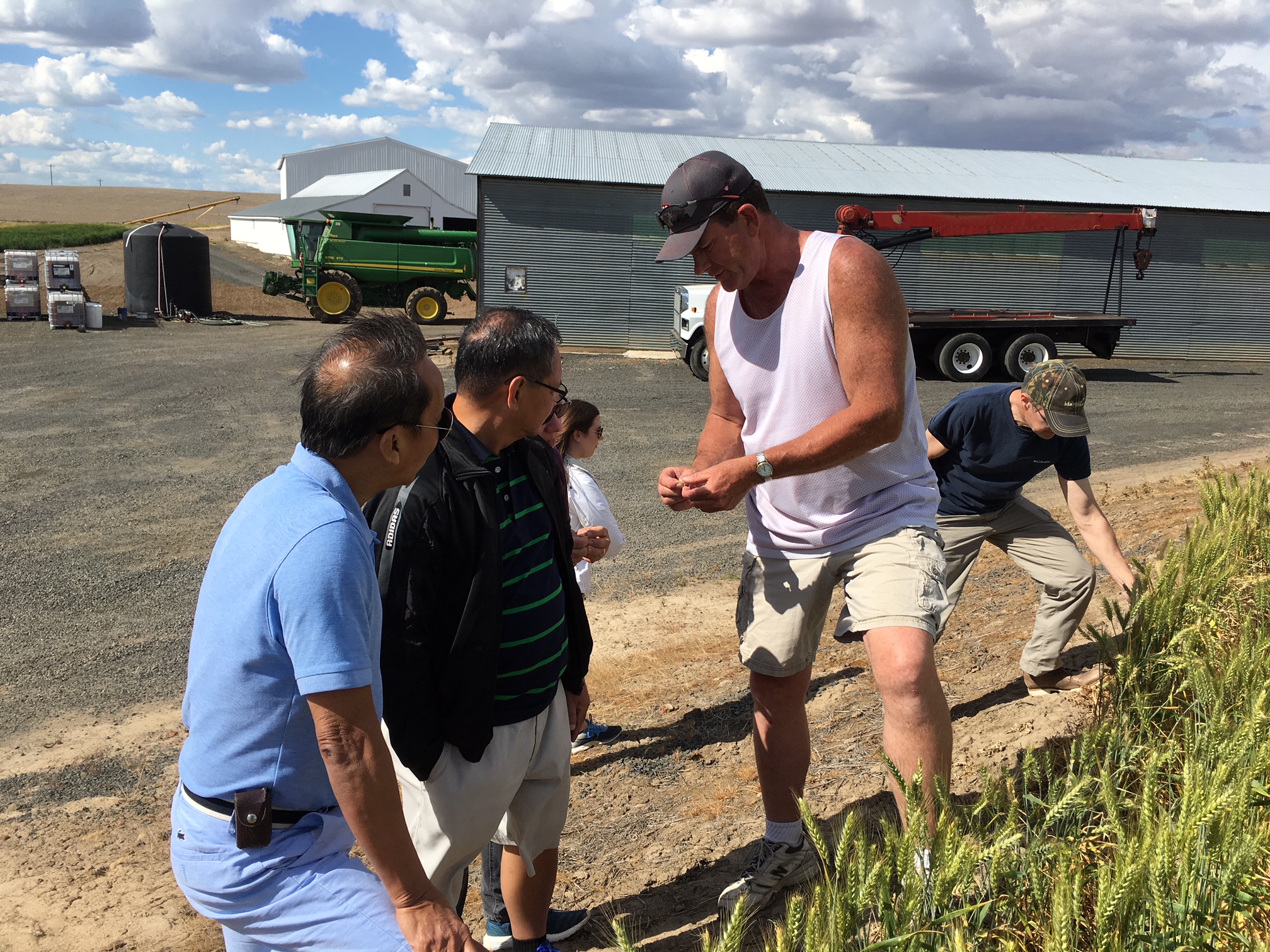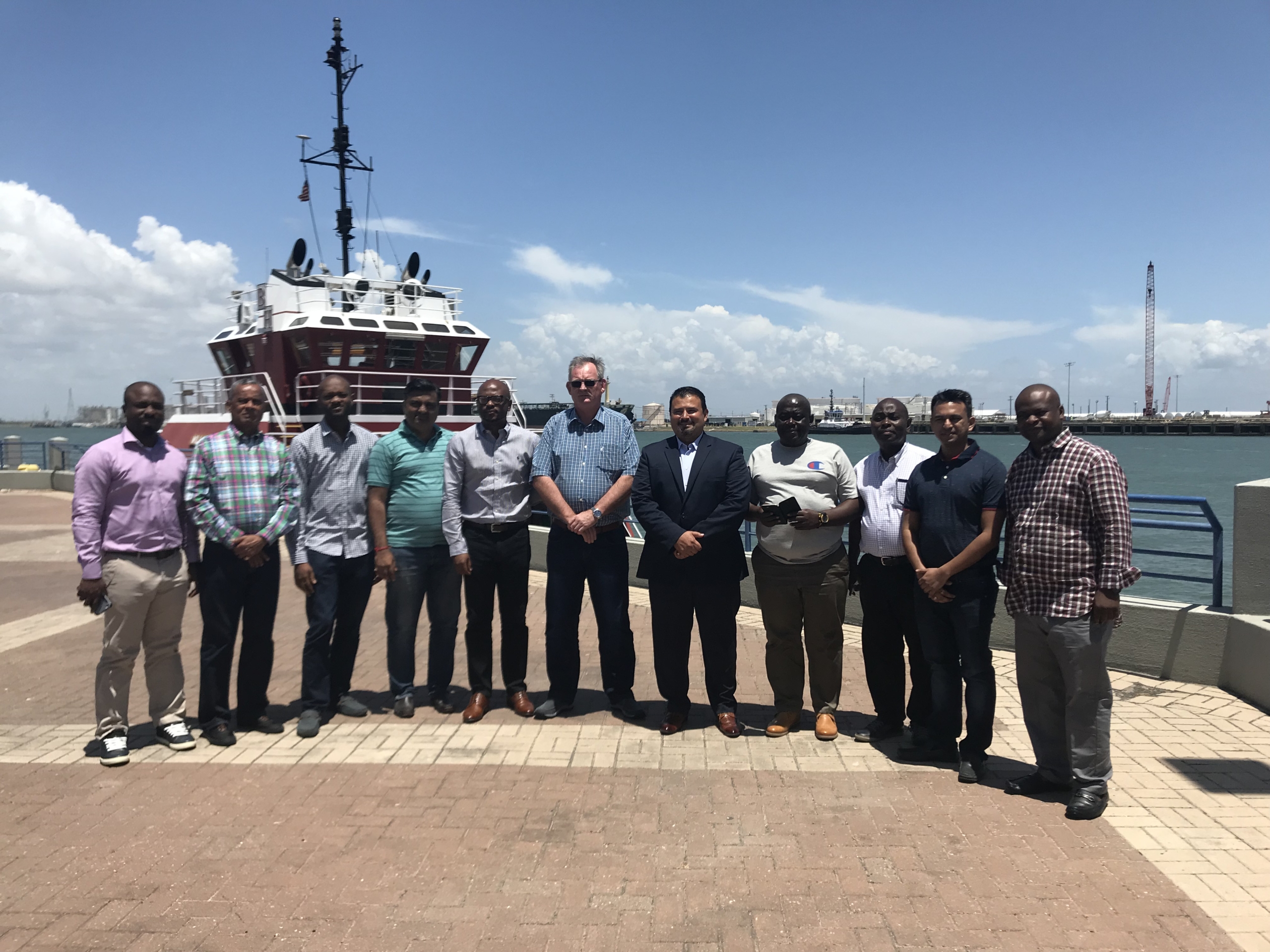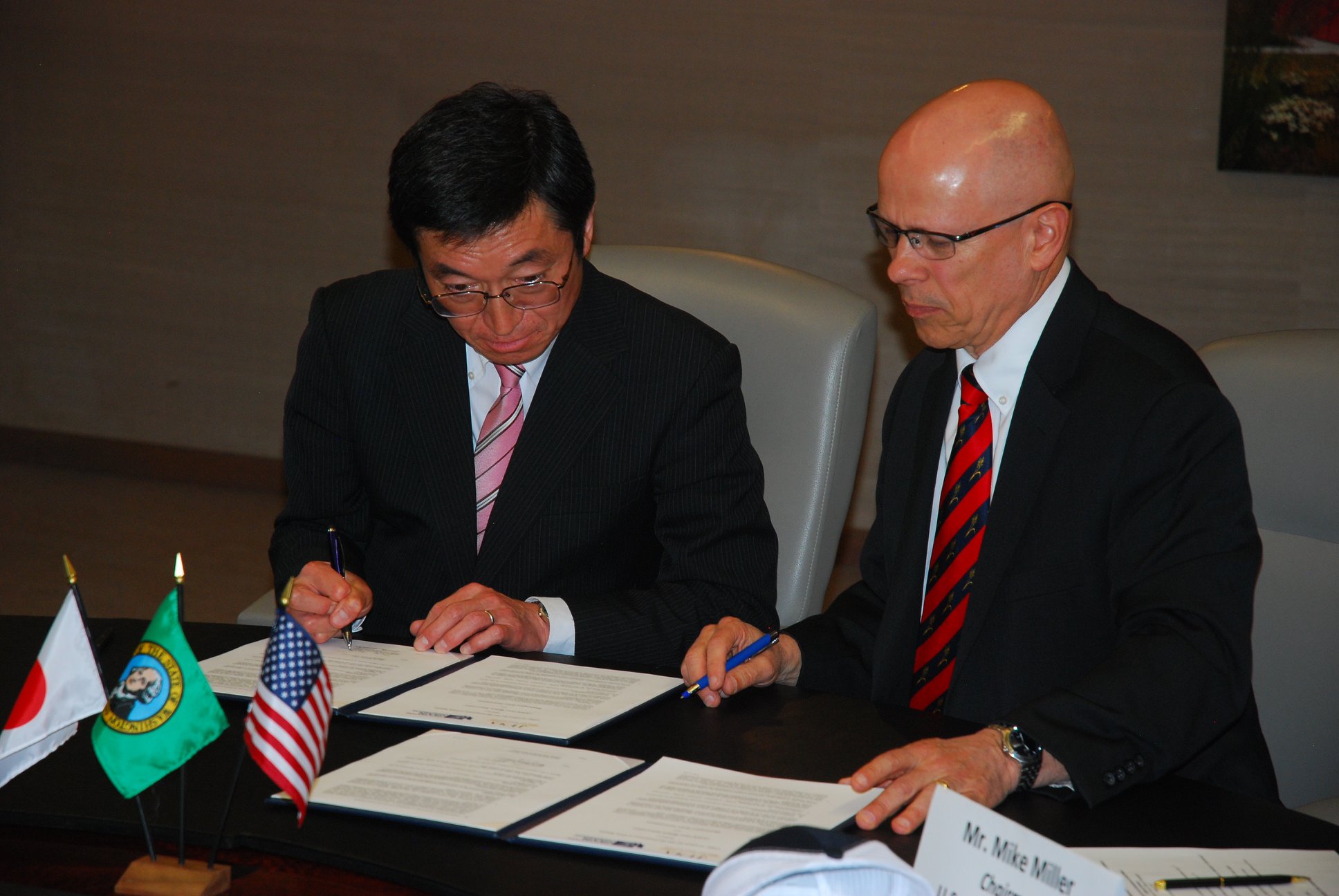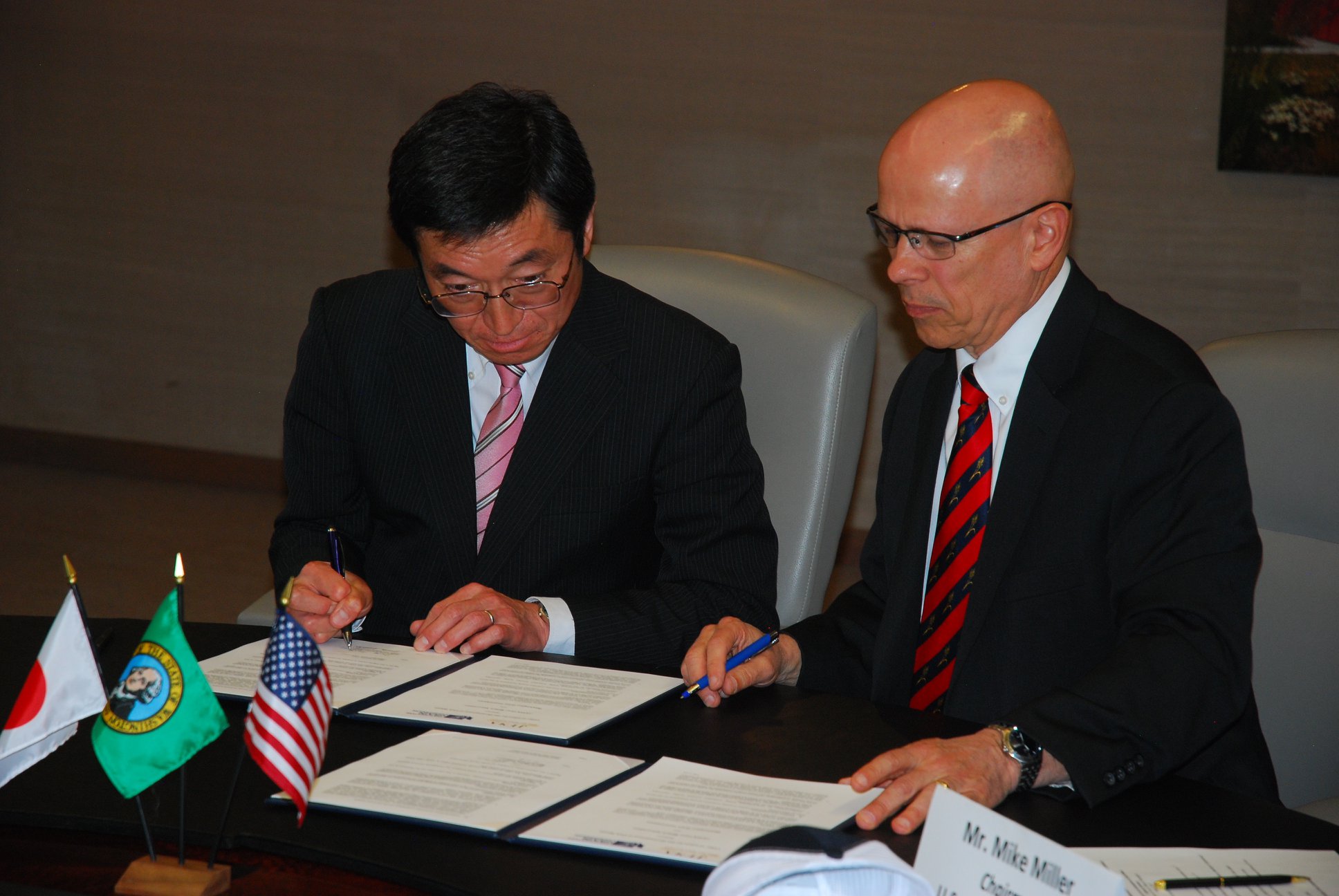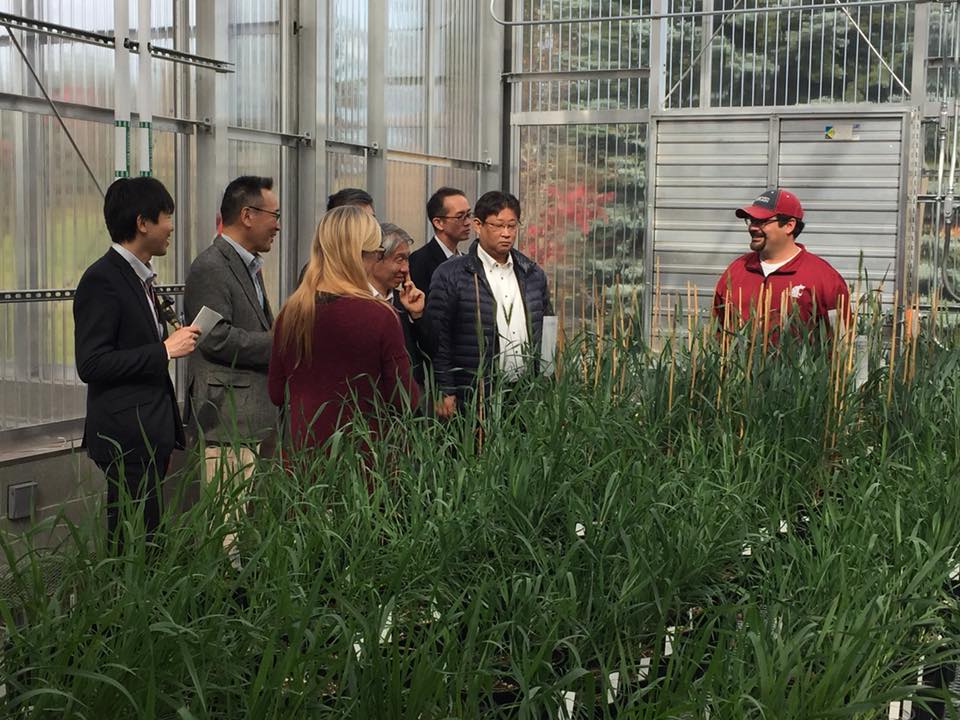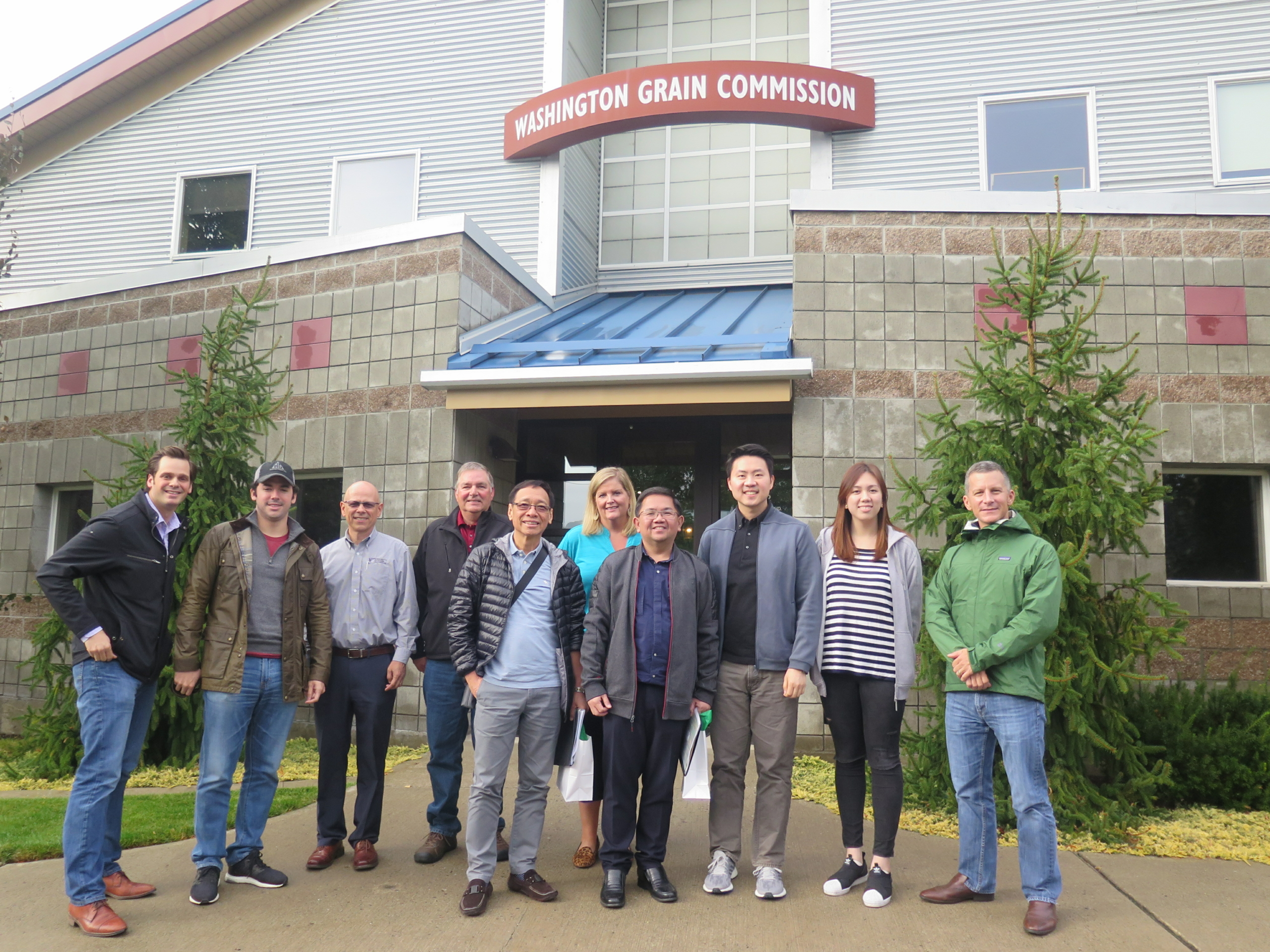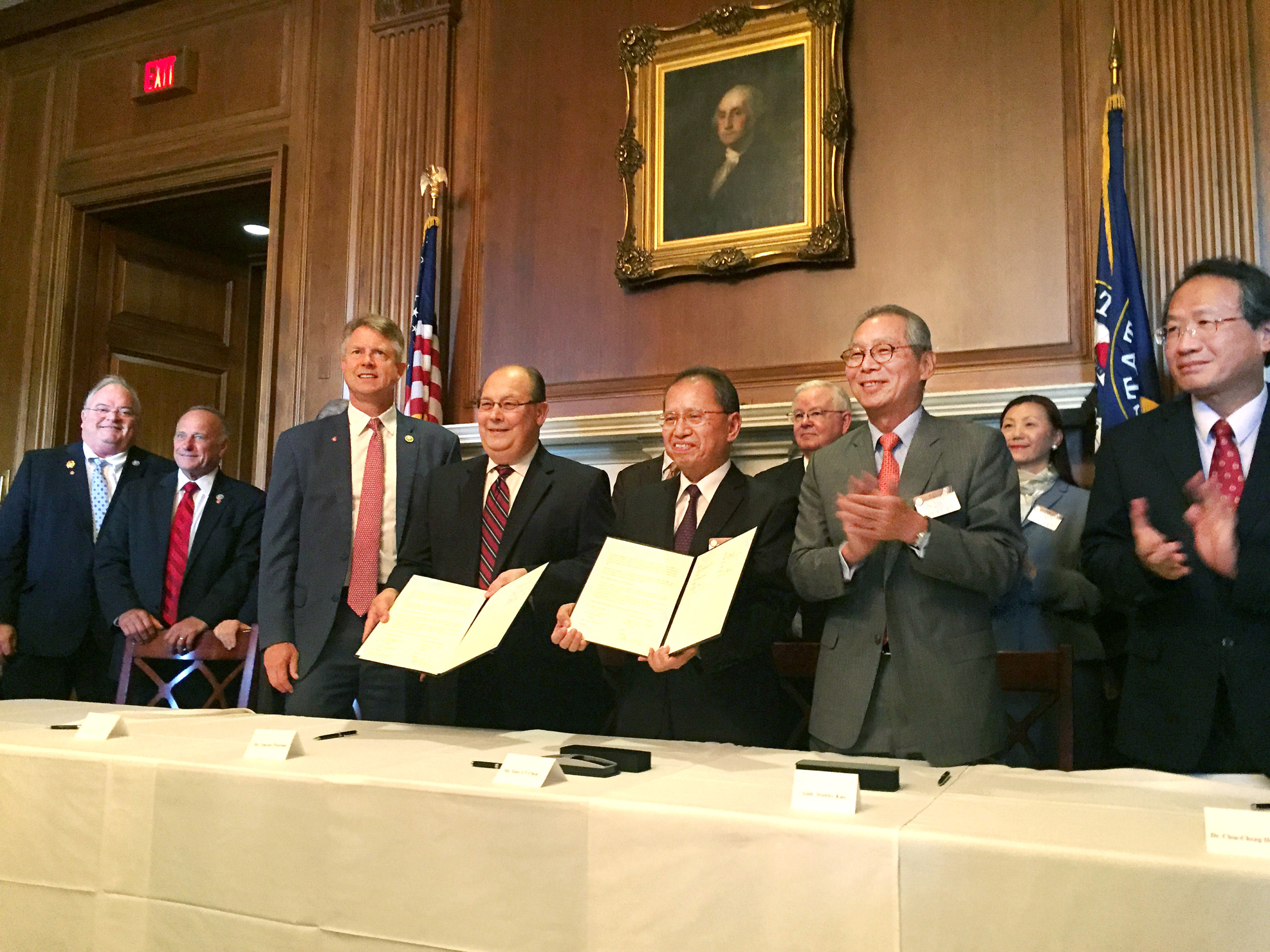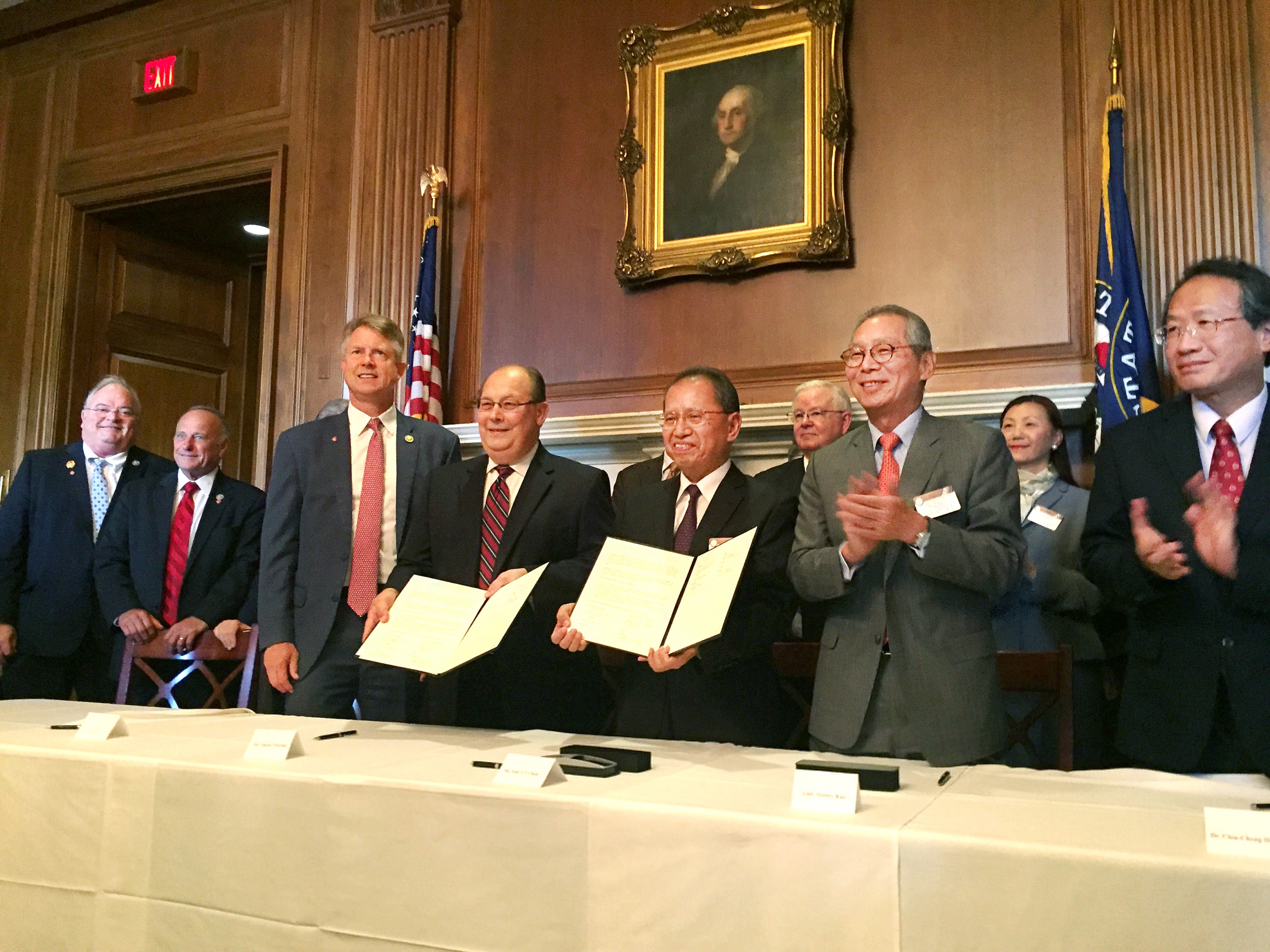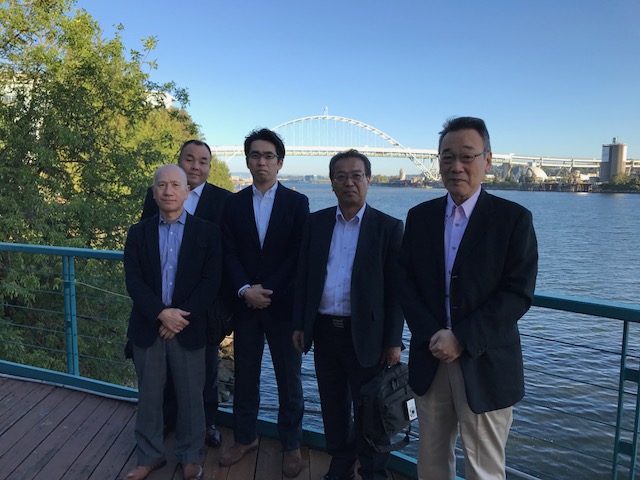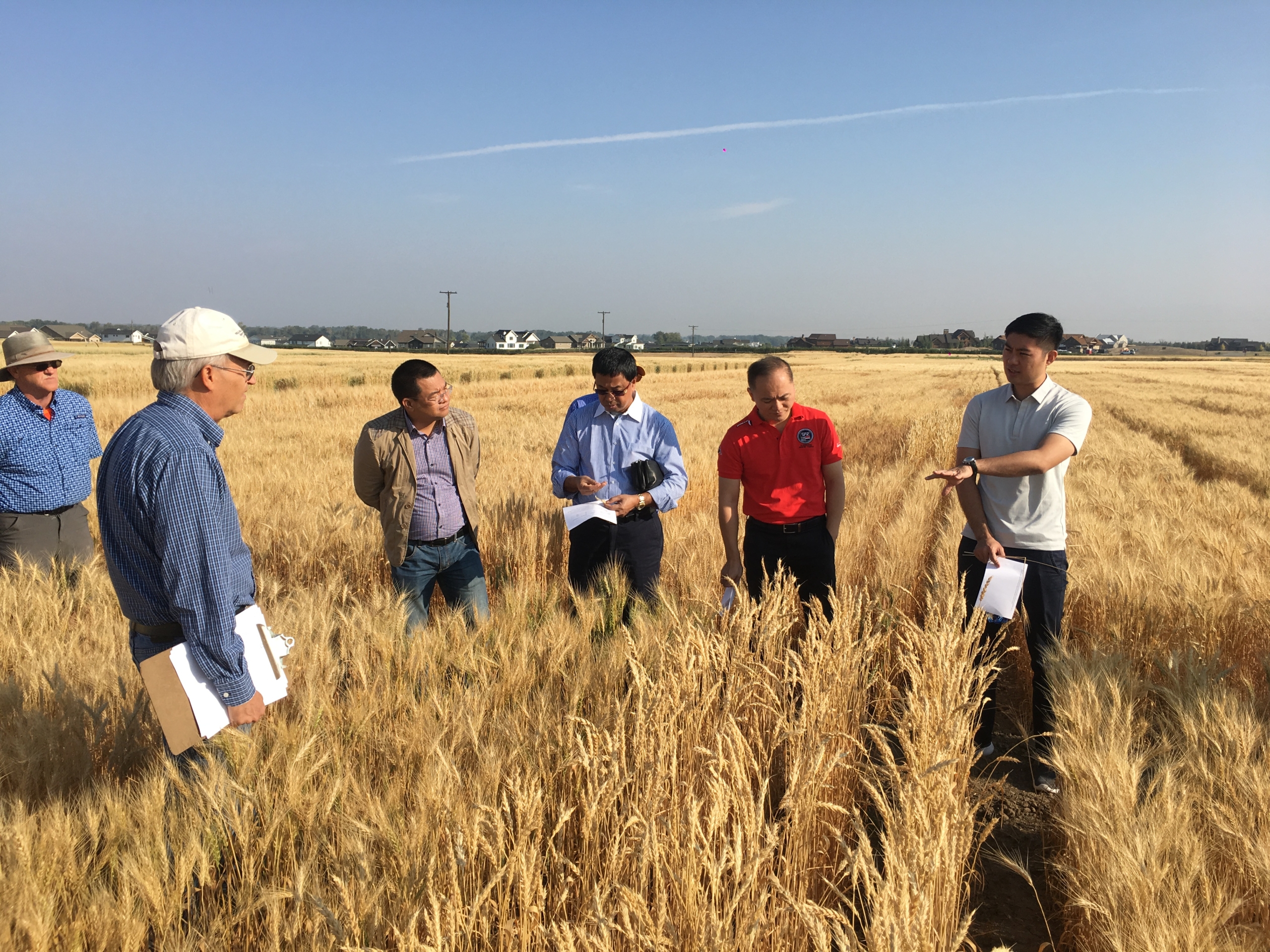WASHINGTON, D.C. — Representatives from the Taiwan Flour Millers Association (TFMA) signed letters of intent to purchase wheat and other U.S. grown commodities over the next two years Sept. 18, 2019, at the U.S. Capitol. The millers are part of a biennial Taiwan Agricultural Trade Goodwill Mission demonstrating Taiwanese consumer preferences for high quality U.S. agricultural products. The wheat delegation members first stopped in Portland, Ore., Seattle, Wash., and Idaho before travelling to Washington, D.C., for events. They will also visit Oklahoma and South Dakota to meet with farmers, grain handlers and state officials.
Mr. Yi-Chuen “Tony” Shu, Executive Director of TFMA and President of Formosa Oilseed Processing Co., Ltd., the parent company of Top Foods Flour Mills, signed the wheat letter of intent along with U.S. Wheat Associates (USW) President Vince Peterson. The letter states that TFMA intends to purchase a total of 1.8 million metric tons (equivalent to 66.1 million bushels) of U.S. wheat between 2020 and 2021. The value of these purchases is estimated to be around $576 million.
“We have long had mutually beneficial trade relations with the Taiwan milling and flour products industry,” Peterson said. “U.S. wheat farmers pioneered the market more than 60 years ago by meeting with members of the developing flour milling industry. One innovative plan involved those flour millers donating the equivalent of $1.00 for every one metric ton of imported U.S. wheat to a wheat foods foundation that eventually established what is today the China Grain Products Research & Development Institute. The members of TFMA continue to be reliable trading partners that fully recognize the value of purchasing quality U.S. grown wheat.”
The Republic of China, known as Taiwan, is on average the eighth largest market for U.S. wheat. TFMA imports wheat on behalf of all 20 Taiwanese flour mills and has imported far more wheat from the United States compared to other origins.
Today, the Taiwanese people consume more wheat flour per capita than rice. Significant hard red spring (HRS) imports reflect a need for strong gluten flour for breads, rolls and frozen dough products as well as for blending with hard red winter (HRW) to make traditional Chinese flour foods and noodles. Year-to-date sales to Taiwan in marketing year 2018/19 (June to May) are up 11% from 2017/18. Imports of soft white (SW), including Western White (a blend of SW and up to 20% club), help meet growing demand for cake, cookie and pastry flours.
USW and its legacy organization Western Wheat Associates have maintained an office in Taipei for 53 years.
USW’s mission is to “develop, maintain, and expand international markets to enhance wheat’s profitability for U.S. wheat producers and its value for their customers.” USW activities in more than 100 countries are made possible through producer checkoff dollars managed by 17 state wheat commissions and cost-share funding provided by USDA’s Foreign Agricultural Service. For more information, visit our website at www.uswheat.org.
# # #
Nondiscrimination and Alternate Means of Communications
U.S. Wheat Associates prohibits discrimination in all its programs and activities on the basis of race, color, religion, national origin, gender, marital or family status, age, disability, political beliefs or sexual orientation. Persons with disabilities who require alternative means for communication of program information (Braille, large print, audiotape, etc.) should contact U.S. Wheat Associates at 202-463-0999 (TDD/TTY – 800-877-8339, or from outside the U.S.- 605-331-4923). To file a complaint of discrimination, write to Vice President of Finance, U.S. Wheat Associates, 3103 10th Street, North, Arlington, VA 22201, or call 202-463-0999. U.S. Wheat Associates is an equal opportunity provider and employer.


